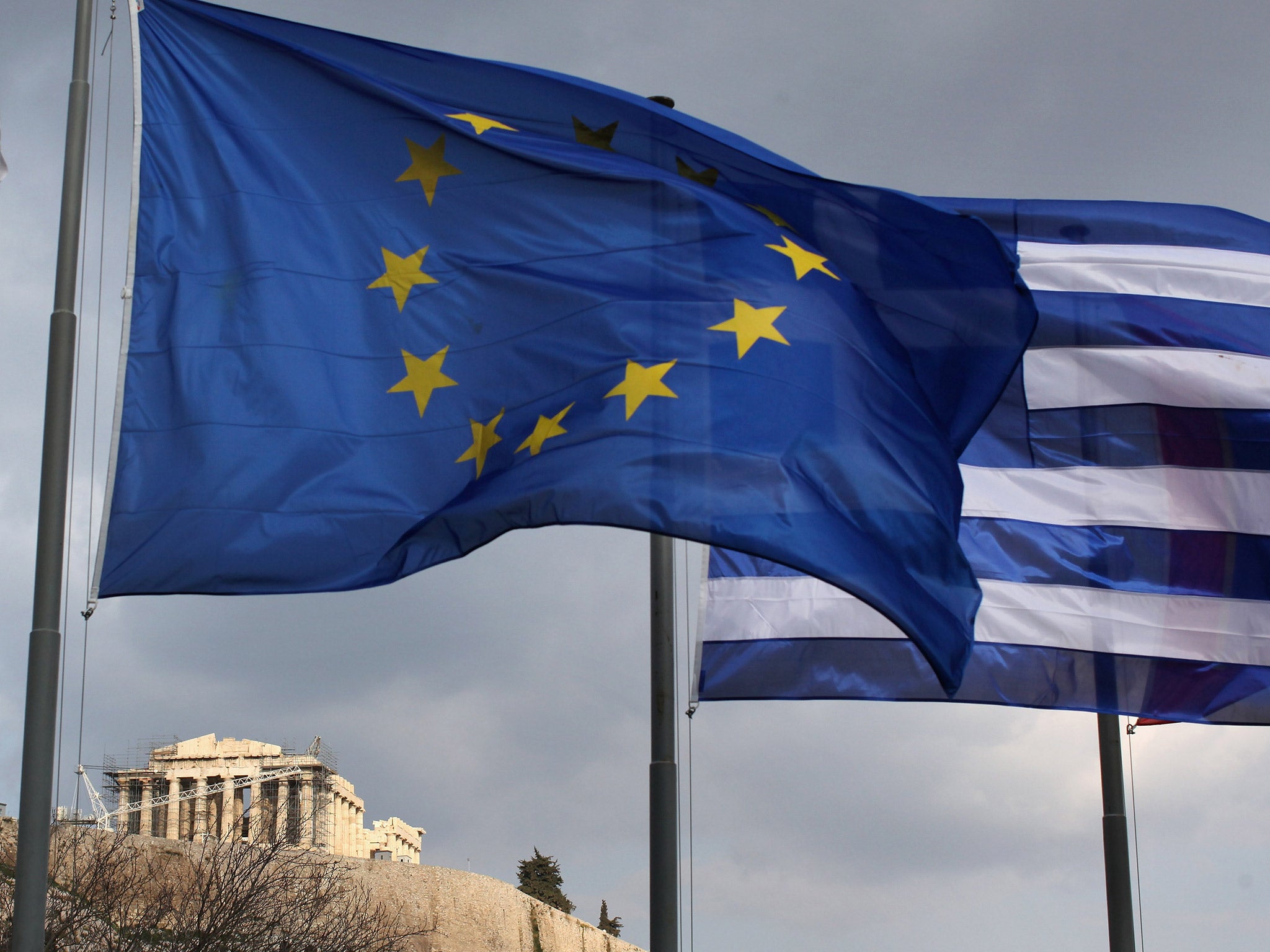Greece deal all but agreed, says government
The country is expected to finalise a deal with the EU, European Central Bank and International Monetary Fund by the end of today

Greek has all but reached an agreement over its latest bailout deal - with only two or three minor issues to be resolved.
Euclid Tsakalotos, Greece's finance minister, has said that discussions had “moved very far forward” and that only “two or three details” remained to be considered after he emerged from talks throughout the night with negotiators from the EU, the European Central Bank (ECB) and the International Monetary Fund (IMF) in Athens.
He said the country was near to securing a new bailout agreement, possibly within the day.
Greece requires a loan of up to €86bn to stay in the Eurozone and prevent a financial crisis. It owes the ECB €3bn by 20 August.
Its government is hoping to push the new three-year agreement through its parliament this week.
Many in the ruling left-wing Syriza party have voiced their opposition to the deal, which would see further spending cuts and a series of austerity measures.
Figures next week are set to confirm that Greece's recession deepened in the second quarter as concerns over the country's Euro future dented confidence, it has been reported.
But, according to a new study, the Greek debt crisis has actually saved Germany €100bn in lower borrowing costs as investors have sought safety in German bonds.
The German IWH institute found that even if Greece defaults on its debt, Germany would still benefit.
Germany, which has given Greece €90bn in bailout funds so far, is keen to impose stringent conditions for a new bailout package.
It wants Greece to make reforms to its pensions system and sign up to privatisation plans, while the Athens government is seeking urgent funds to recapitalise the country’s banks.
Last month, the Greek people voted ‘no’ in a referendum asking them whether they would be willing to accept more austerity measures from the EU, ECB and IMF, in return for a bailout deal which would stave off a financial collapse.
Additional reporting by PA
Join our commenting forum
Join thought-provoking conversations, follow other Independent readers and see their replies
Comments